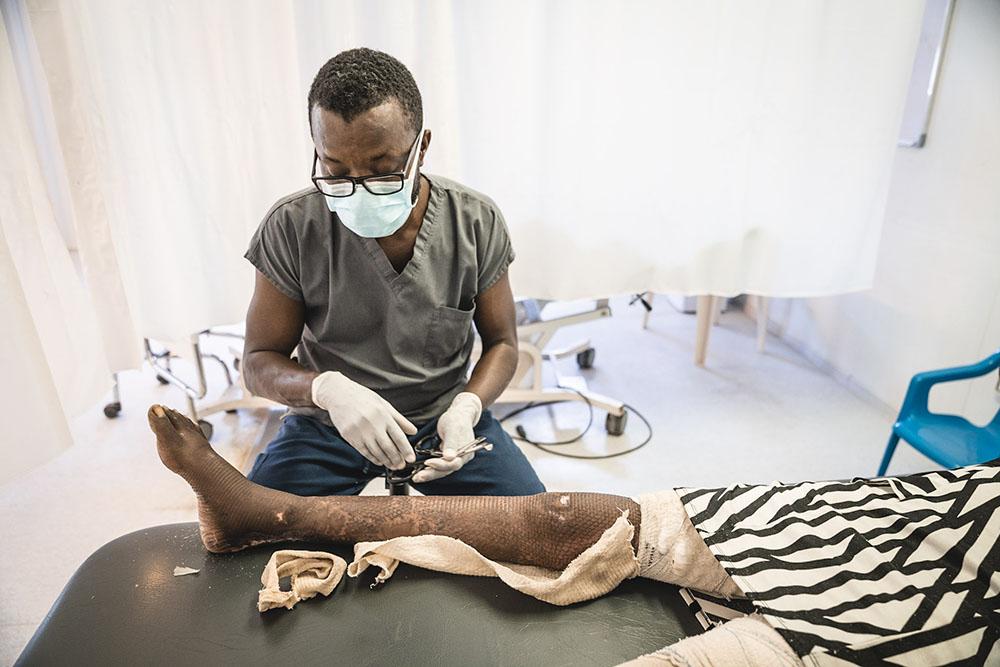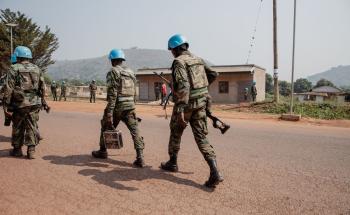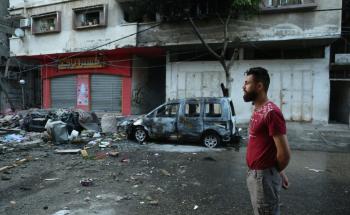At least 75 people were killed in a fuel truck explosion in Cap-Haitien, in northern Haiti, on the evening of December 13-14. Many survivors suffered severe burns and require specialised medical care.
Our team responded within hours of the disaster. The medical and logistical team arrived in Cap-Haitien on December 14, including a burn surgeon, an anesthesiologist, and a nurse.
"The team went to the north with medical supplies and medicine to support the local medical facilities treating the survivors of the explosion," said Mumuza Muhindo, MSF's head of mission in Haiti. "We are in the process of expanding our emergency team in Cap-Haitien to support care for burn patients over the coming weeks and months."
Surviving and recovering from a severe burn is a difficult process that requires specialised medical care, often for weeks or months. We will continue to receive patients according to their needs and our capacity.said Jean-Gilbert Ndong, MSF medical coordinator.
MSF teams are supporting three health facilities in Cap-Haitien, including the Justinien University Hospital, which is treating 15 survivors.The team also helped assess patients for referral to Port-au-Prince by air. Twelve were admitted to MSF's burns and trauma hospital in Tabarre in the first two days. The hospital provides specialised care to burns patients throughout the year.
"In Tabarre, the patients admitted continue to benefit from surgical care and also receive psychological support that is essential to their recovery," said Dr. Anicet Umba, MSF medical referent in Tabarre.



